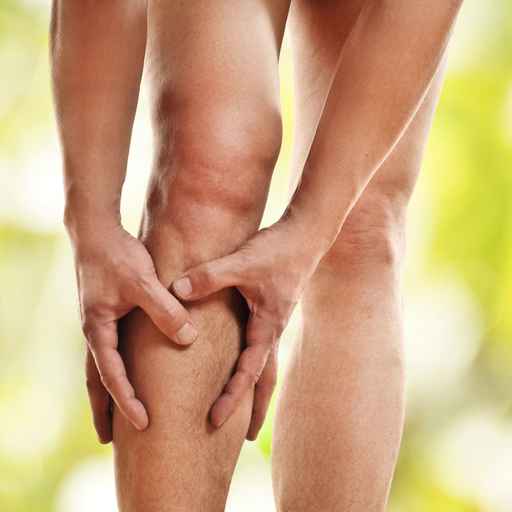Shin splints is a common leg problem
Shin Splints, or Tibial Stress Syndrome, refers to a painful condition that develops along the inside of the tibia (shin). The pain is commonly located at the front of the leg, and it can be particularly tender where the muscles attaches to the shin bone.
Shin splints is overuse injury caused by a repetitive load, usually brought on by strenuous activity. It presents in up to 15% of runners and is commonly associated with leg pain syndrome. In its earlier stages, shin splints present as a general pain along the middle to lower part of the shin that comes and goes with activity. In its later stages, the onset of shin pain is more persistent , lasting for periods of activity and rest.
One reason why shin splints may occur is due to a poor biomechanical relationship between the foot and leg. This can result from risk factors including excessive pronation, a tight Achilles tendon and weak foot core muscles. Other things that contribute to developing shin splints are poor shock absorption, type and intensity of training, a history of previous lower-limb injuries and shoes.
At your podiatry appointment, a physical exam and biomechanical assessment will be undertaken to evaluate symptoms and identify risk factors that may be predisposing you to muscle fatigue and imbalance such as tightness and inadequate range of motion. This will also help to rule out other possible conditions such as a stress fracture or compartment syndrome.
Podiatry treatment options vary depending on the individual and include footwear/activity modification as well as therapy consisting of strengthening and stretching exercises. Realignment of the foot with respect to the leg improves the efficiency of mechanics and in turn reduces the abnormal forces acting on the muscles. Podicare podiatrists use orthotics, exercises, strengthening, dry needling and strapping /taping in the treatment of shin splints.
Shin splints is a condition that needs podiatry attention for both short term pain relief and long term healing rehabilitation. Make an appointment to see us at Podicare today.
Vish Rajkumar
Podiatrist, Podicare Podiatry Clinic
